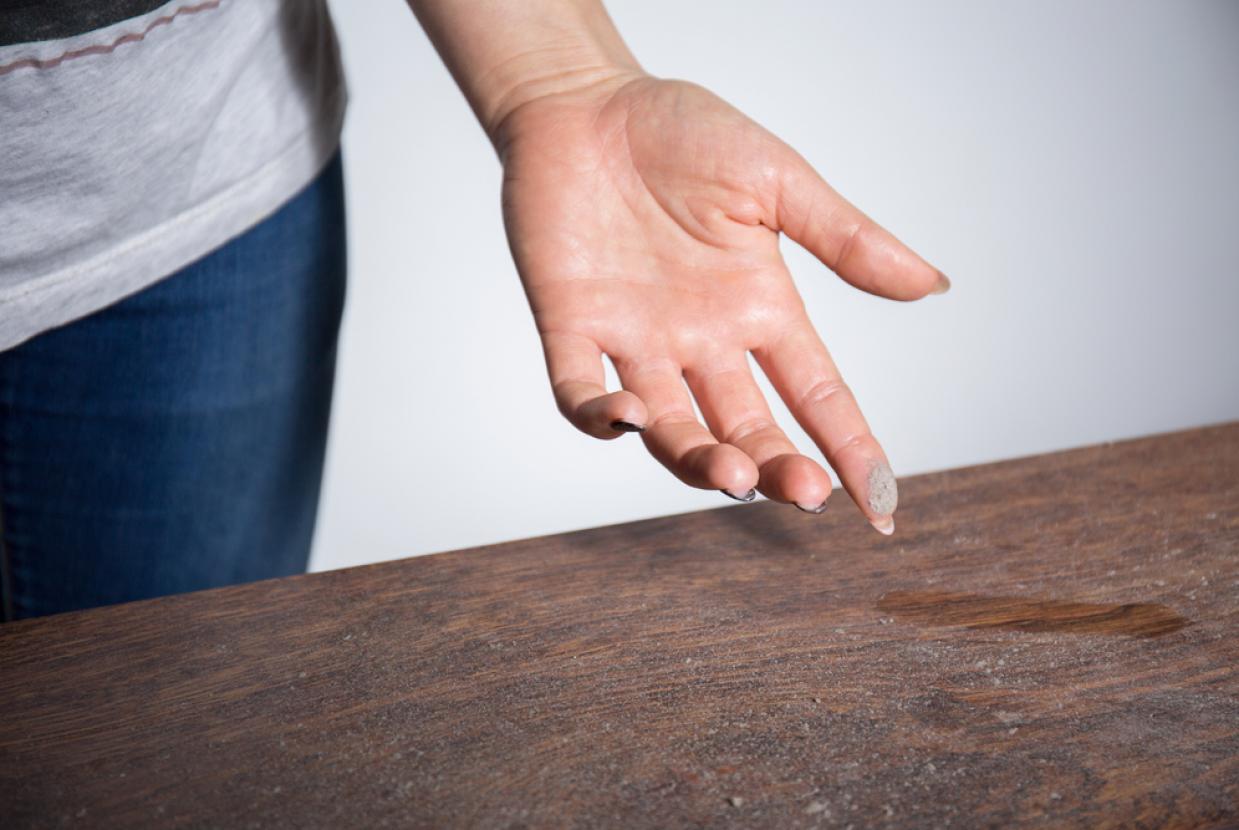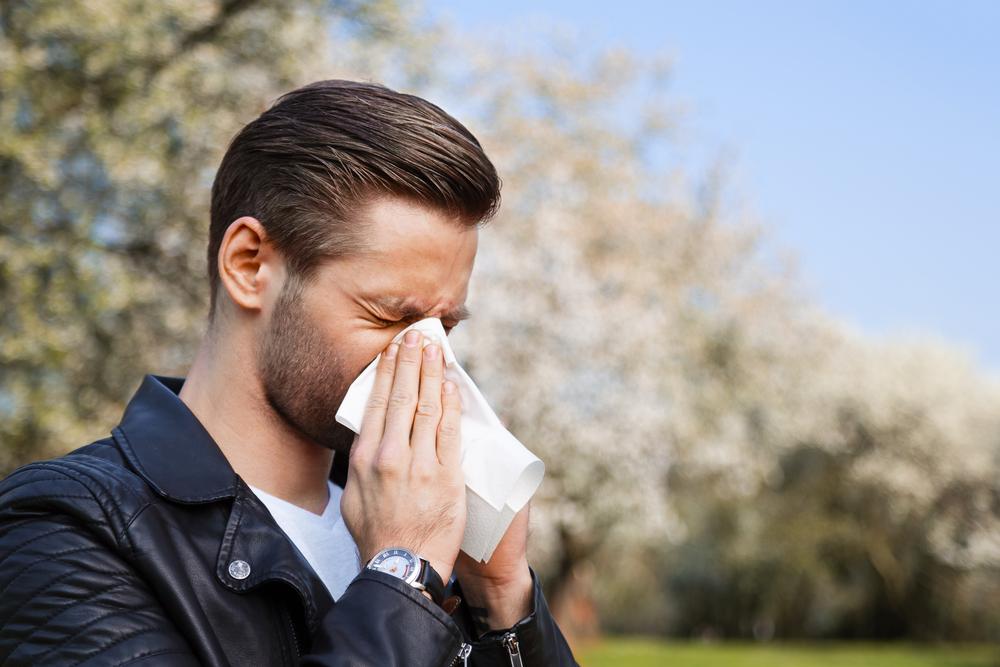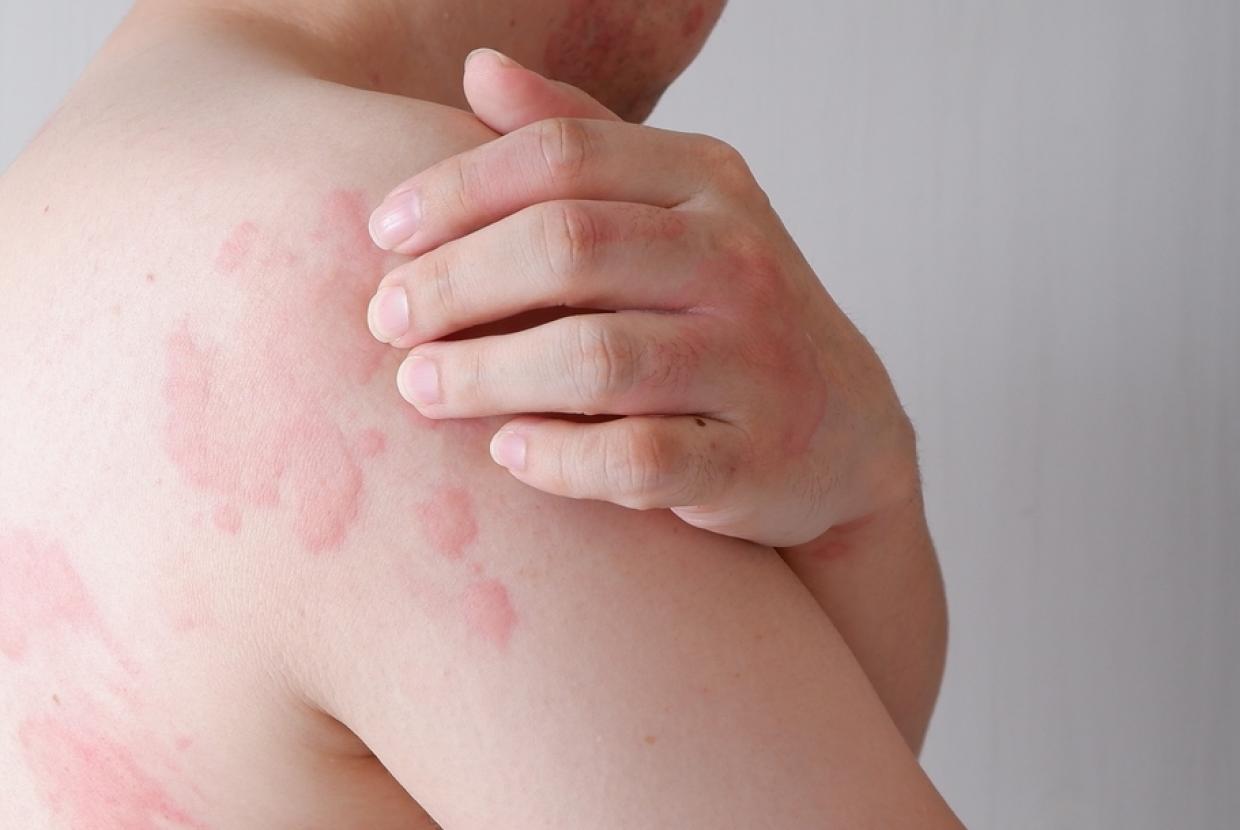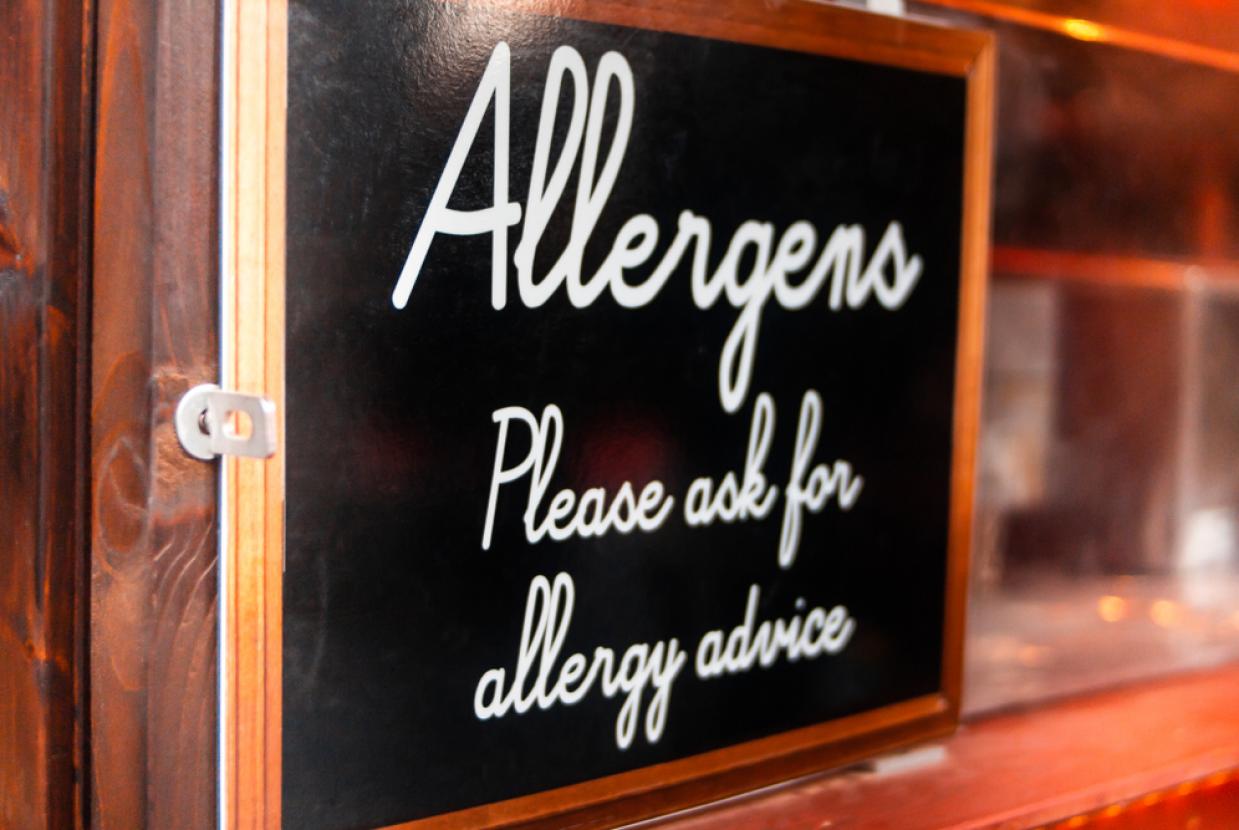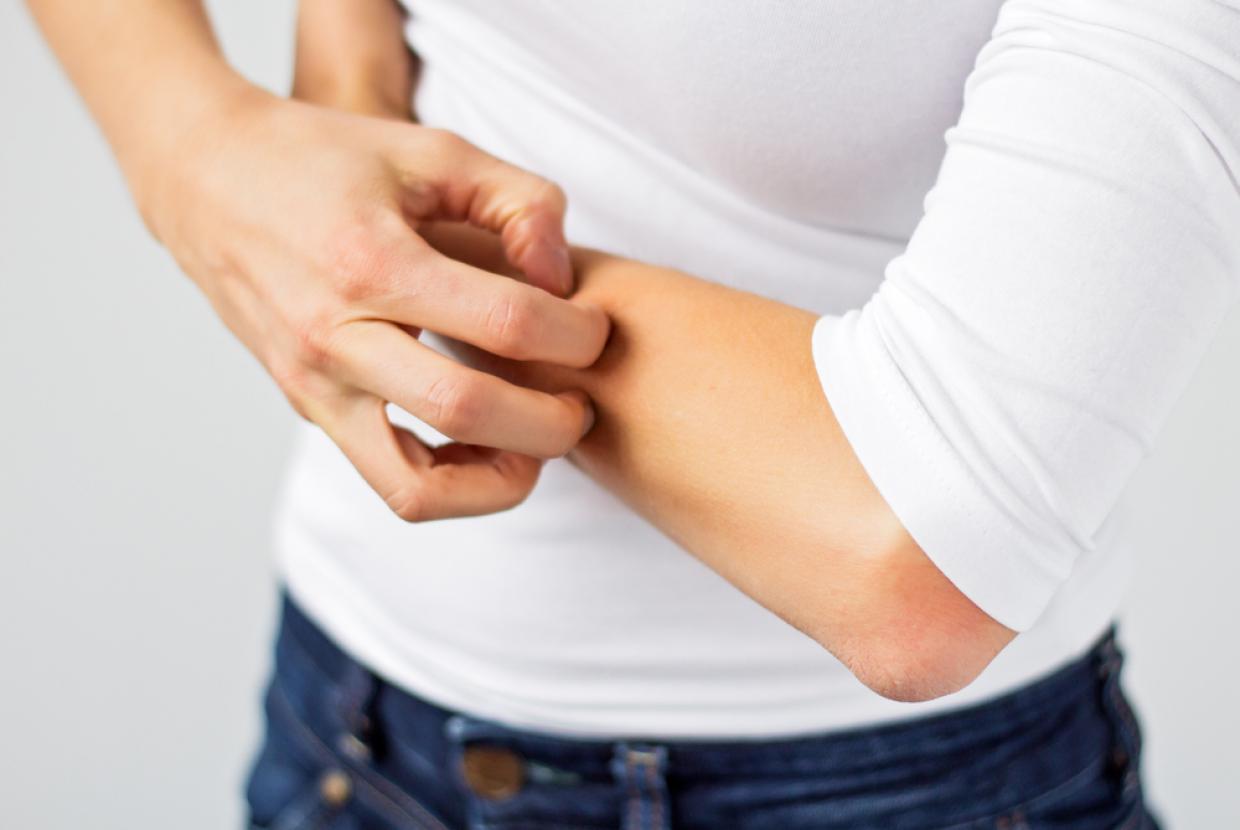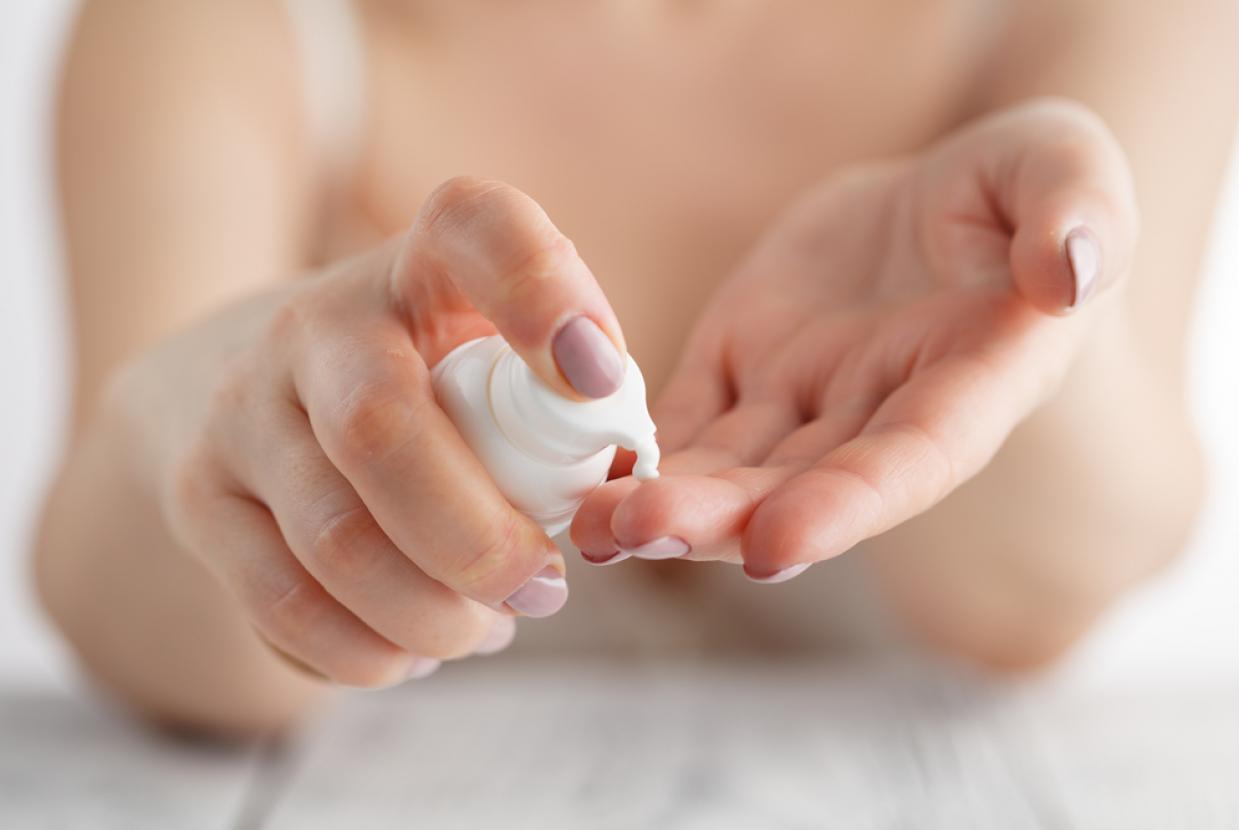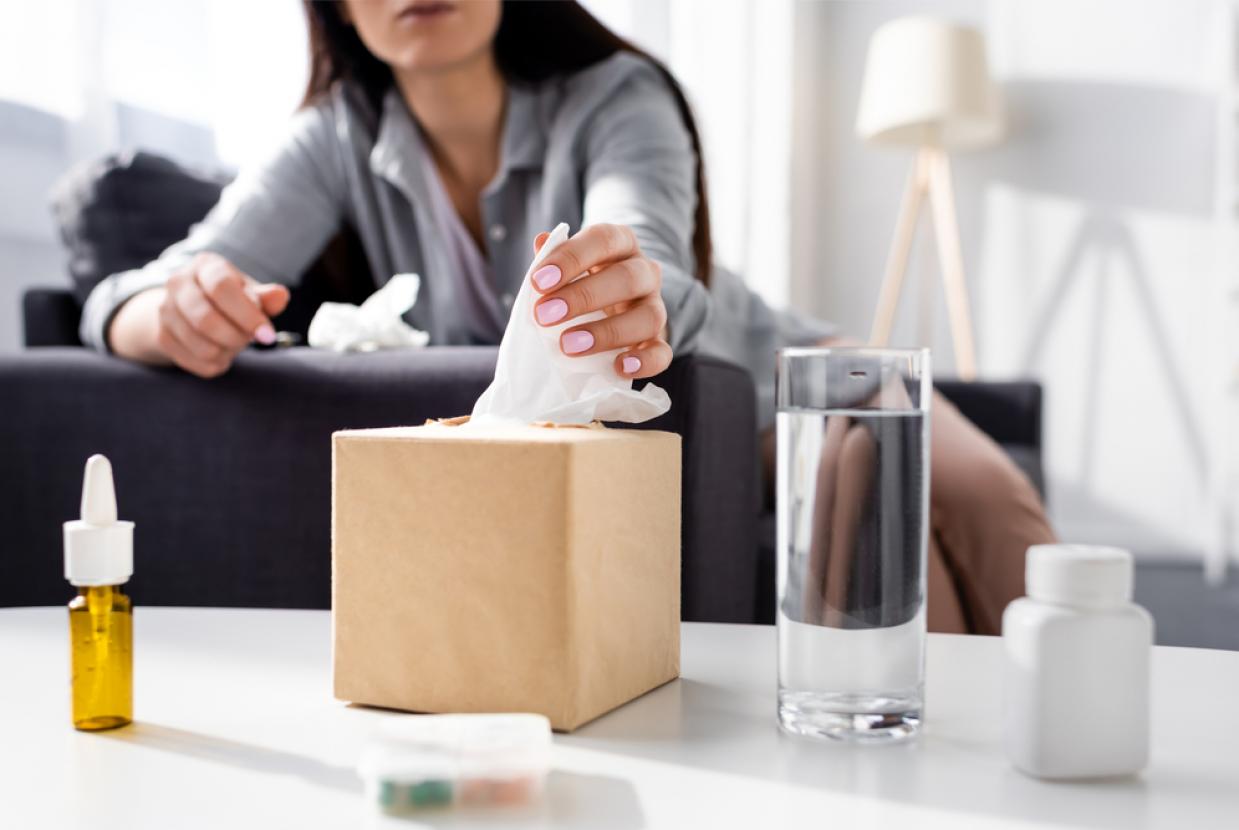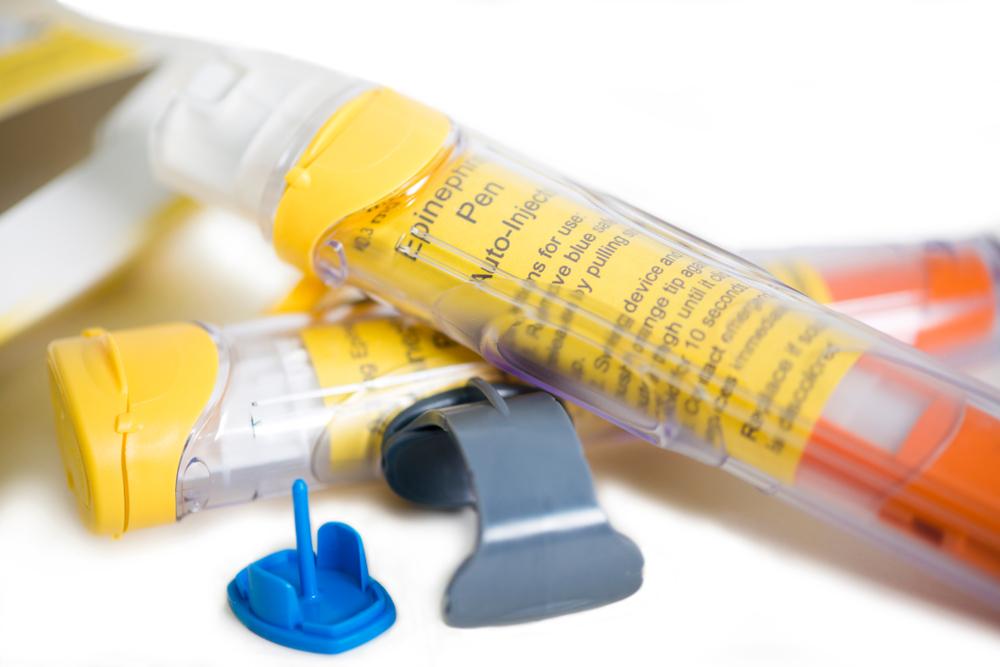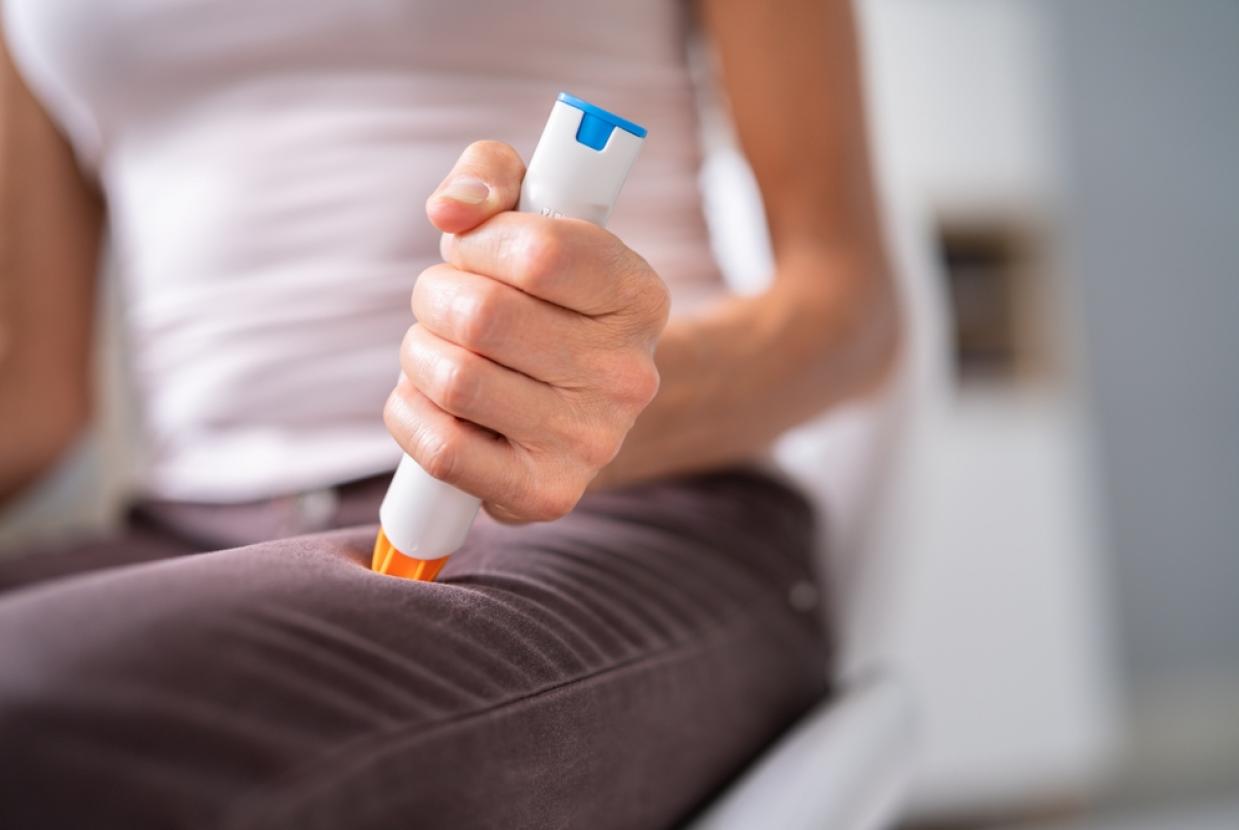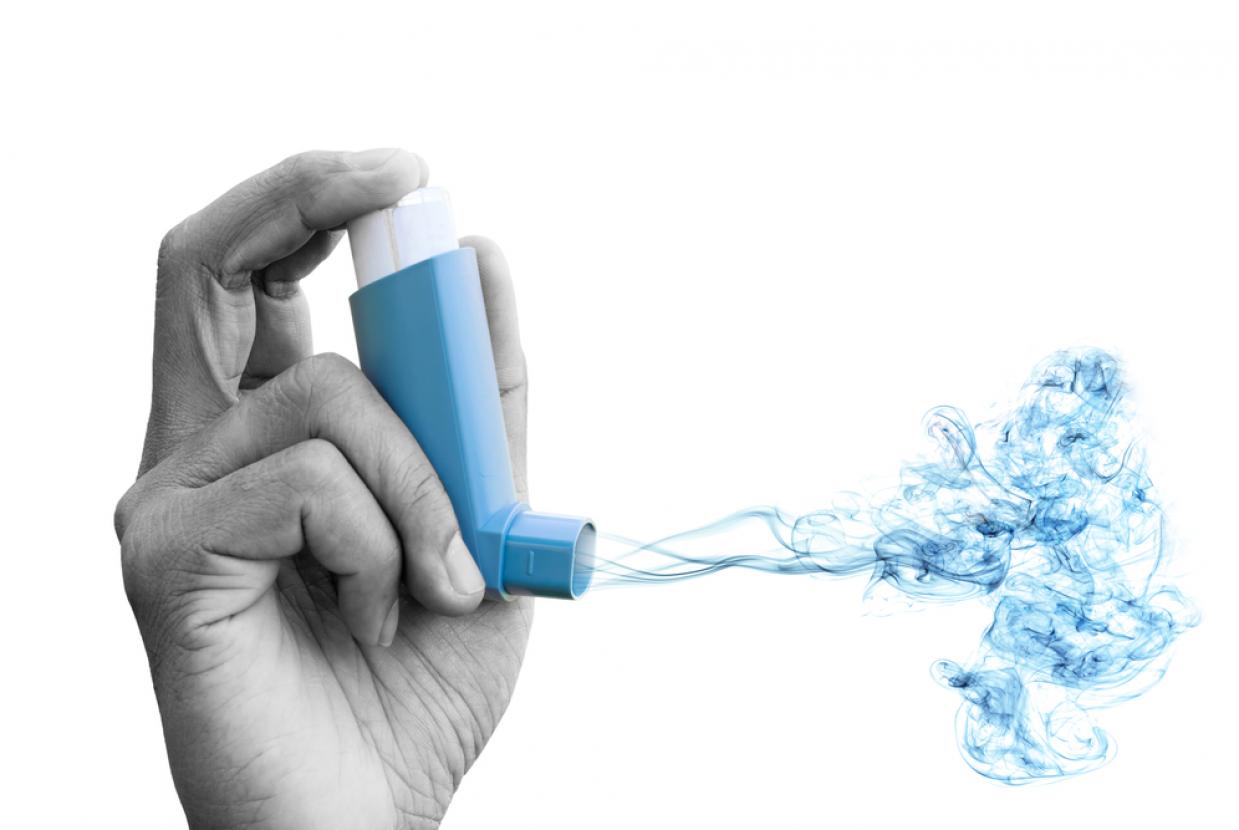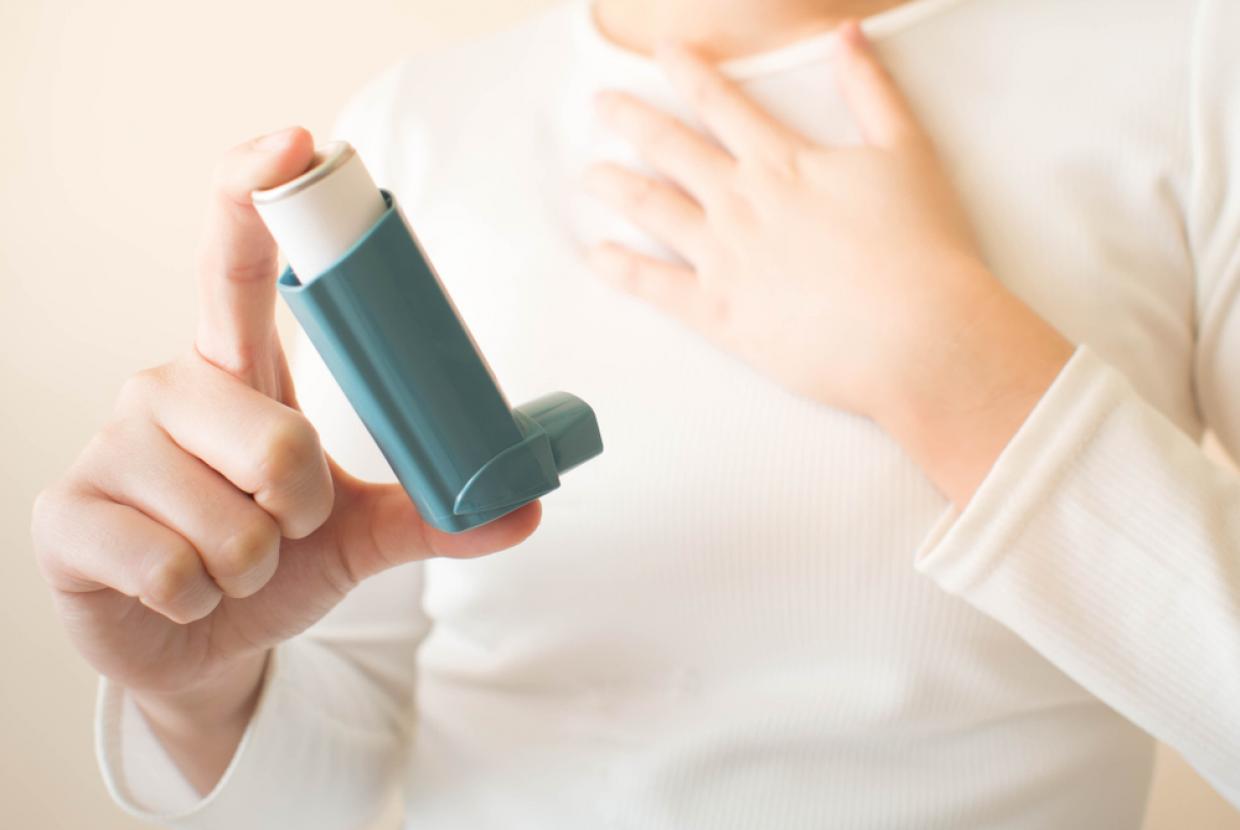Triggers & Irritants
Eczema can be mild, moderate or severe and treatment of the condition will depend on its severity. There is currently no cure for eczema so avoidance of trigger factors (things which make eczema worse) together with a clear treatment plan will help you manage your eczema symptoms.
What can trigger eczema?
Individual trigger factors vary from person to person and often you will find you have more than one trigger factor that can cause a ‘flare’ of your eczema. Some trigger factors may be easy to identify whilst others may not be so easy to work out. If you suspect something in the environment may be a trigger factor keeping a symptom diary can be helpful to work out patterns of exposure and signs and symptoms. This can be useful when speaking to your health care professional to identify potential triggers.
Trigger factors
House dust mite – the majority of people with eczema will find that they are sensitive to the house dust mite which thrives in warm damp places such as your bedding and living areas. Whilst we cannot eradicate the house dust mite there are measures we can take to reduce the impact on our skin. This includes washing bedding at a high temperature (at least 60˚C) to kill house-dust mites, it is often advised to encase mattresses and pillows and to have easy to clean flowing in the home.
Animals and pets – Animals can trigger allergic reactions is some individual with asthma or allergic rhinitis (hyperlink pet allergy) but there is no evidence that animals cause eczema, however the saliva and fur of animals can be seen to irritate or worsen eczema, so it is advisable to avoid having pets in your bedroom, especially on your bed and to prevent them sitting on the sofa or in very close contact if you have eczema.
Dusting – it is advisable to damp dust rather than dry dusting to prevent the dust being disturbed and released back into the atmosphere.
Cleaning – It is a good idea to wear gloves and for washing up and general household activities to protect the hands, especially if you have eczema on your hands and to choose products that are fragrance/ perfume free to avoid irritation.
Laundry – There is no evidence that biological or non-biological washing powder are better for your skin , however it is best to reduce the washing powder residue that is left on your washing, so using less washing powder in the wash and put on an extra rinse cycle if you can. It is advisable not to use fabric conditioner as it contains perfumed products to make your washing smell nice and also binds to the fibres in clothing to make them soft, both of which can be irritant to the skin.
Sunshine and warm weather – for some, warm weather and sunshine helps to improve their skin, for others the warm weather can irritate the skin and cause eczema to worsen.
Sunscreen – can be a potential irritant to the skin, but it is always a good idea to use a high factor sunscreen to protect the skin – sunscreens can contain preservatives and perfumes which can irritate the skin, so it is best to try and stick with the product that works for your skin.
Pollens – Plant pollen including tree and grass pollen can be irritant to the skin. Pollens are generally more active during the spring and summer months and reactions to pollen typically appear on exposed sites such as the face, arms or legs. If pollen aggravates your skin it is best to try and avoid drying bedding and clothing outside on days when pollen counts are high and using a barrier such as clothing, mat, rug etc when sitting down outside, especially on grassy areas.
Mould Spores – Mould can also be a problem, this includes indoor and outdoor mould. A warm damp environment encourages mould both indoors and outside so It is a good idea to ventilate wet- rooms such as the bathroom and kitchen to prevent a build-up of mould in the house, put food waste out daily to prevent a build-up of mould spores, wear gloves when gardening and keep compost heaps covered. Moulds tend to be active in the spring, summer months and dormant in the winter months, however autumn is the mould sporing season so you may find your flare at this time of the year
Clothing – Many people with eczema find that wearing breathable fabrics are found to be most comfortable this incudes cotton, silk and bamboo fabrics. Fabrics including manmade fibres, wool and also clothing with seams and labels can cause discomfort and be irritant to the skin. It is advisable to wear layers of thin clothing that you can take off or put on to keep you at a comfortable body temp to reduce itching. Preservatives and starch are often in new clothing and can be a source of irritation to the skin so it is often a good idea to wash new clothes before wearing them for the first time.
Hand washing – if you have hand dermatitis it is advisable to use a nonperfumed soap substitute to wash your hands to protect the skin barrier and prevent any further irritation from using soap and detergents. It may help to have a towel that only you use to prevent any soap residue being left behind to irritate your hands.
Bathing/showering – It is important to bathe daily to remove dirt and debris and reduce the risk of infection, use warm not hot water and try to limit your bathing time to less than 20 mins to prevent aggravating the skin, use an emollient / soap substitute when bathing as water on its own can be irritant to the skin and avoid perfumed shower gel and bubble bath products. If bathing irritates the skin try applying your emollient to the skin before bathing and then wash as normal. Remember to apply your emollient and any topical treatments as usual after bathing.
Cosmetics – Many cosmetics and toiletries such as make-up, shower gel, shampoo, deodorant etc contain preservatives, parabens and perfumed products alongside a lot of other irritants and you are at more risk of developing an allergy to these products if you have eczema. Use your emollient to wash your skin and apply emollient as a barrier before applying makeup. When using shampoo/ conditioner always apply away from the face and avoid prolonged contact with the shampoo/ conditioner residue on the skin. For some people with eczema they are able to tolerate products for sensitive skin, always check that these products do not contain perfume or known irritants for yourself before using.
Emotional upset and stress – There are a lot of emotional and psychological factors that can aggravate your eczema including having eczema itself. Most people find stress can be a common trigger for a flare up of your eczema. So it is a good idea to try and develop ways of coping with your stress so that you can manage your skin.
Smoking Alcohol and drugs – Try to avoid smoking, drinking too much alcohol or taking recreational drugs as they can often make you hotter and aggravate your eczema. Alcohol can affect some eczema medications, including antibiotics, antihistamines, some topical treatments and immune suppressive drugs so it is best to avoid alcohol if you’re using these treatments.
Food allergy or intolerance – It is a common misconception in adults that food allergy causes eczema, however this is not the case. Having a food allergy or having food allergic reactions may cause a sudden eczema flare or worsen the condition over time. Sometimes this happens within minutes after eating the food and, on other occasions, can be delayed by several hours, or even a day after exposure. Food allergy generally affects younger children and is uncommon in adults, it is advisable to seek the supervision of a health care professional before attempting to eliminate any foods if you feel any food is a trigger for your eczema.
Viral or bacterial infections – Skin infections in people with eczema are common due to the fact that the skin barrier is already broken, infected skin will often feel hot to touch and look red, swollen and may have some oozing or yellow crusting on the skin.
If you suspect you have an infection of the skin it is important to contact your health care professional for advice to prevent the infection worsening.


